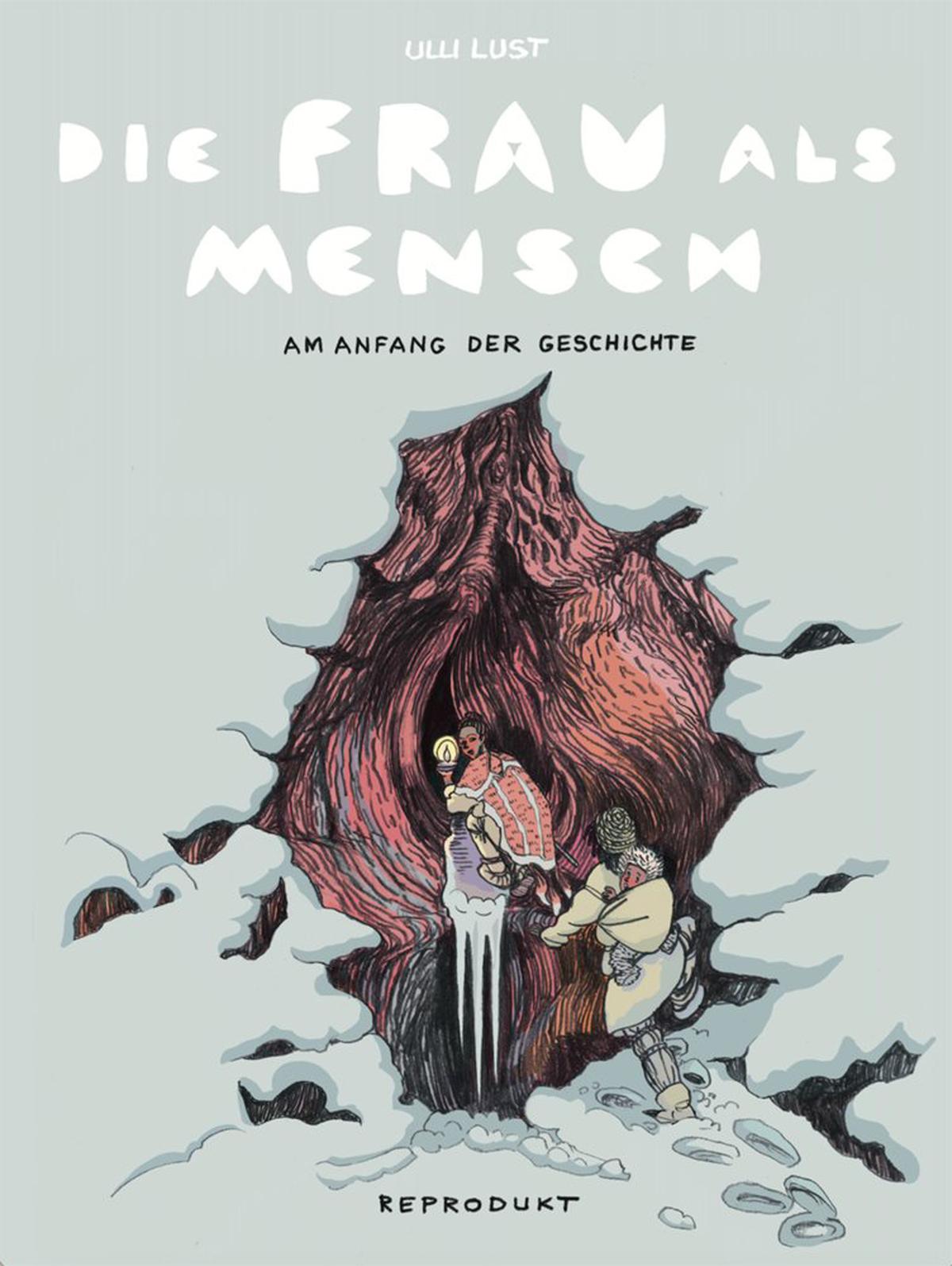Book tips of the month – Diepresse.com

About women and art at the beginning of history, the return of the great herbivores, digital colonialism and forgotten composers.
In female society
Why, asks the first-person narrator in Ulli Lust's new Sachcomic, does nobody find the dying Jesus on the cross obscene, but all the life-giving female genitals, the « shame »? So the Austrian author goes back to the beginnings of art and embarks on the traces of the early man's social life – with a sharp view of the women. Because while we primarily encounter men in books about the Stone Age, most people show and (shamelessly naked) statuettes of our ancestors show women. Ulli Lust transforms science into appealing short comics. Be it the latest findings on the importance of cooperation in human evolution and about the South African Khoisan (are considered a model for the coexistence of primary companies) or evidence of musicality 40,000 years ago. Great! (COG)
« /> Ulli Lust: “The woman as a person. At the beginning of the history ”(Reproduct-Verlag, 256 pages, € 30.50)
Is the bister coming back?
Many know bisent and moose only from the zoo. The big herbivores have shaped the landscapes of Europe since the time of the mammoths. Now the megaherbivores still live here today are focused on, since they not only contribute to habitat design in nature conservation projects. Biologists Sebastian Brackhane and Klaus Hackländer have edited a comprehensive work about the large five of Central Europe: Wisent, Elch, Rothirsch, Wildpferd and Auerochse (or the domesticated house beef). Each species maintains the environment in its own way: Elche nibble z. B. willow bushes from a healthy extent, Przewalski horses receive pasture nose. The book gives insights into the ecosystems from the past to the present day. The 60 researchers write about nature conservation, distribution of plant seeds, the legal situation, wildlife management and practical examples. (verse)

« /> Sebastian Brackhane, Klaus Hackländer (ed.): « The return of the big herbivores » (Oekom Verlag, 480 pages, 41.50 euros)
The new (old) world order
The story of the digital revolution has been the same for decades: we owe it to ingenious computer scientists and clever companies. They brought us computer, smartphones, social media and shopping platforms, they brought us progress and convenience. In this story there is no space for the underpaid workers in the global south who train AI and moderate platform content. And it is also not a place for those who worked in cobalt mints under inhumane conditions. So time for a new story. For a worker, data, raw materials, geopolitics and repression. For someone who recognizes that digitization is a 500 -year -old order of power up: that of colonialism. This is long overdue, and the tech journalist Ingo Dachwitz and the lawyer Sven Hilbig deliver them-brilliant and understandable. (COG)










